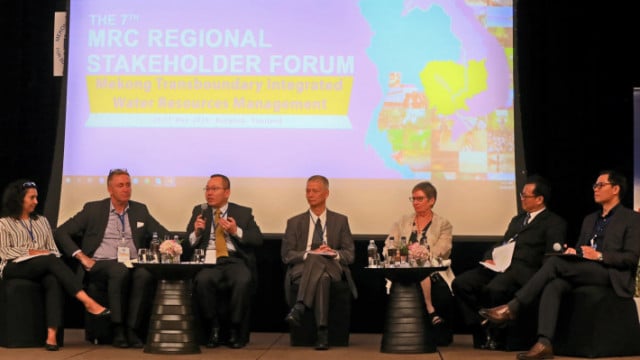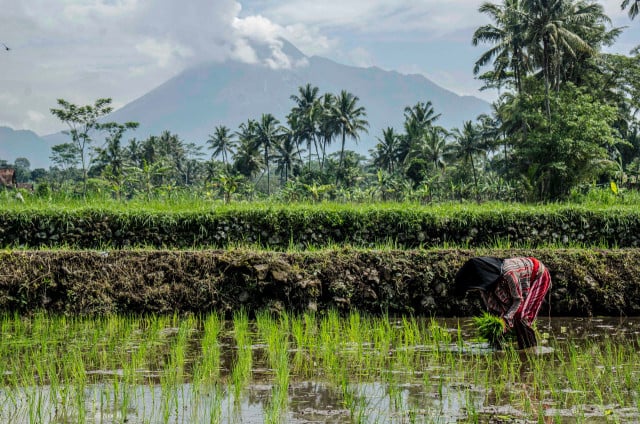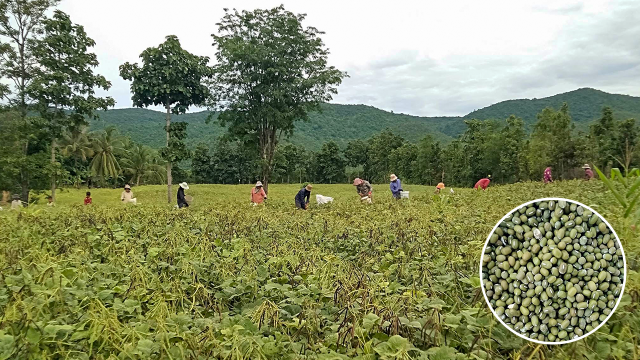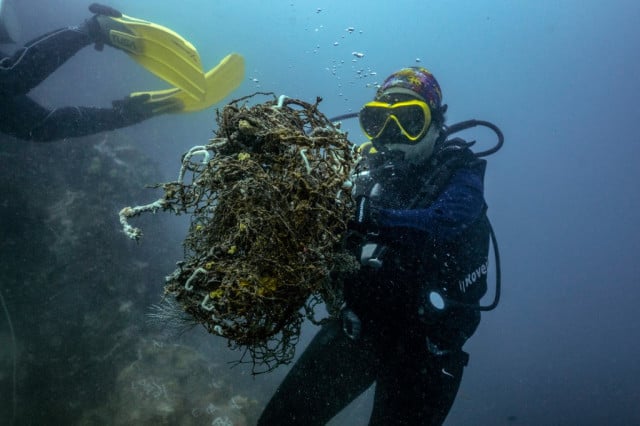Cambodia and other Mekong countries discuss the need for cooperation to address regional issues

- Thmey Thmey
- May 22, 2019 10:11 AM
PHNOM PENH--The Mekong River Commission (MRC) held its seventh stakeholder conference this week in Bangkok with representatives from the six countries along its course, their goal being to find solutions to the challenges they face in the region.
Taking place Monday and Tuesday, the forum included representatives from civil society groups, the private sector as well as research institutions. Issues addressed ranged from the use of advanced technology to better share data and information on water resource management, to cost and benefit sharing for the planning and implementation of projects.
“I’m pleased to say that, through transboundary projects, our countries have been able to further build common understanding of key cross-border water issues, finding durable solutions to cooperate and share best practices in water resources management,” said Pradab Kladkempetch, assistant secretary general of Thailand’s Office of National Water Resources and the Thai National Mekong Committee Secretariat, according to an MRC press release.
This has paved the way for the improvement of water resource management practice in the region, he added.
The MRC includes representatives from countries through which the Mekong flows and that are effected by development along its course. Countries members are Cambodia, Laos, Thailand and Vietnam. Its countries dialogue-partners are China and Myanmar, which are upstream of the Mekong River Basin.
During the conference this week, An Pich Hatda, CEO of the MRC Secretariat, pointed out the importance of cooperation to respond effectively to the many transnational challenges, from the intensification of the climate crisis and environmental degradation to the increasing frequency of natural disasters.
“Much more needs to be done to provide a comprehensive response to climate change, reduce flood and drought risks, protect environmental assets, and increase basin-wide benefits,” he said.
Pich Hatda added that the MRC has paid greater attention to transboundary cooperation and is determined to, he said, “supporting our member countries and our people in turning potential conflict into cooperation, using every mean possible.”
Participants at the forum also spoke of the communities along the Mekong and of the need for those communities to have their voice heard. They agreed on the importance of providing information and training to these communities so that they can grasp scientific information, enabling them to bring about and take part in transboundary cooperation.















